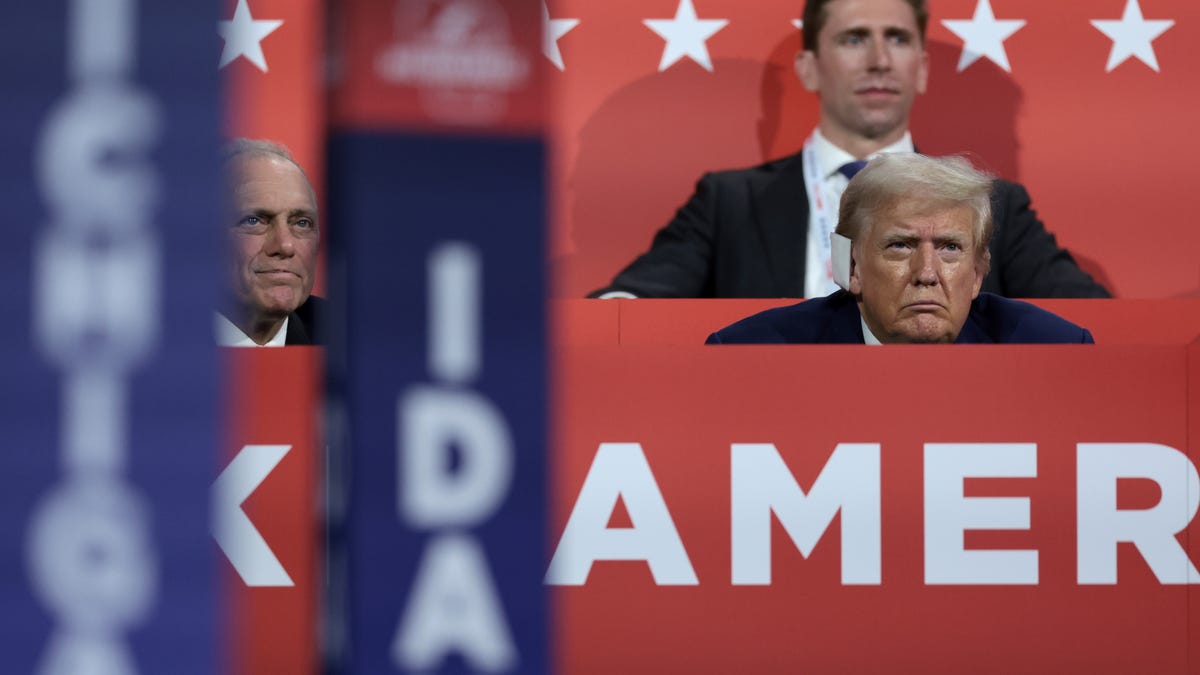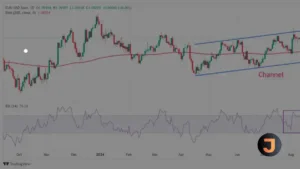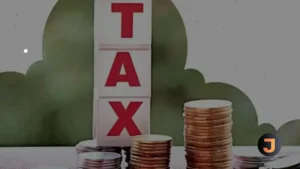Just days before his face-to-face debate with President Joe Biden in June, Donald Trump sat down for an interview with Bloomberg Businessweek. The former president shared his views on a range of topics, from green energy and diet coke to foreign policy and his tax plan. He also floated JPMorgan Chase CEO Jamie Dimon as a possible Treasury Secretary.
Trump’s feud with green energy isn’t over yet
Trump has made no secret of his misgivings about clean energy. His opposition to wind energy and windmills is well-known, often taking the chance to repeat his gripes when possible. “We have more of the real energy, the energy that works,” he told Bloomberg. “Wind does not work.”
Trump has pledged to scrap offshore wind projects on “day one” and has frequently railed against wind energy. He has also falsely claimed that windmills cause cancer, spew “tremendous fumes” during construction, and are “driving whales crazy.”
Trump told Bloomberg that wind is “unbelievably expensive,” and overly reliant on government subsidies. Wind and solar energy projects — which Trump also criticized as too expensive — received 94% of the $15.6 billion doled out through federal renewable electricity-related subsidies in 2022, according to the Energy Information Administration. In 2023, the cost of a megawatt-hour from offshore wind in the U.S. was $143, compared to $48 for onshore wind, according to BloombergNEF. A megawatt-hour from solar costs $59, well below $101 for a coal plant, although greater than the $45 it costs to generate a megawatt-hour from natural gas.
Trump also told Bloomberg he has “no objection” to electric vehicles, calling Tesla’s Elon Musk — who endorsed him over the weekend — “fantastic.” In the past, Trump has said electric cars will “kill” the U.S. auto industry and labeled automakers’ move to produce more EVs a “transition to hell.” His handpicked running mate, Ohio Senator J.D. Vance, has denied climate change and called “the whole EV thing” a “scam.”
Trump wants to lower the corporate tax rate to 15%
A core part of Trump’s economic strategy — or Trumponomics, as it is often described — is keeping corporations building and expanding in the U.S. As part of that, the former president has repeatedly pledged to lower corporate taxes, telling a group of some 100 business leaders in June that he would cut the corporate tax rate down to 20%. But, Trump told Bloomberg, he chose that figure for “simplicity,” adding that he likes a 15% rate better but “that’d be hard.”
“Fifteen would get us down to being about the lowest. Look, when I did those tax cuts, this place started to boom,” Trump said, referring to the Tax Cuts and Jobs Act (TCJA) of 2017, which slashed the federal corporate income tax rate from 35% to 21%.
The law enabled at least 87 firms to pay effective tax rates in the single-digits or less, with 55 of those firms — including Netflix and Salesforce — paying less than 5% between 2018 and 2022, according to the Institute on Taxation and Economic Policy. Twenty-three firms paid zero or less federal income tax during that four-year period.
During Trump’s interview with Bloomberg, he repeated claims that his tax cuts incentivized Apple to invest billions back into the U.S. economy. CEO Tim Cook in 2018 said that “large parts of” his company’s $350 billion five-year plan were a “result of the tax reform and there’s large parts of this that we would have done in any other situation.”
Parts of the TCJA are set to expire in 2025. Trump has promised to make the tax cuts permanent, renew tax cuts for individuals and small businesses, and reduce business regulations if he is elected to a second term.
“Low interest rates and taxes, low taxes, tremendous incentive to get things done, and to bring business back to our country,” Trump said of Trumponomics. “We have to bring business back to our country.”
Trump says the U.S. is ‘no different than an insurance company’ for Taiwan
Trump also dove into his views on foreign policy during his Bloomberg interview, touting his relationships with the leaders of Russia, China, Saudi Arabia. And although he said he knows the people of Taiwan “very well” and “respects them greatly,” he stopped short of agreeing to defend it from China.
“I think Taiwan should pay us for defense. You know, we’re no different than an insurance company. Taiwan doesn’t give us anything,” Trump said. His running mate, Vance, on Monday said that China is the “biggest threat” to the U.S. In April, Vance told Fox News that the country has to “pick and choose” conflicts to involve itself in, saying that the U.S. doesn’t have the capacity to support Ukraine’s fight against Russia, Israel’s conflict with Hamas, and Taiwan in a potential conflict with China.
Trump also criticized the U.S. for letting Taiwan get its massive lead in the semiconductor business. Taiwan is home to 92% of the world’s semiconductor manufacturing capacity, according to the Semiconductor Industry Association, largely thanks to Taiwan Semiconductor Manufacturing Company (TSMC). TSMC stock sank more than 5% in pre-market trading Wednesday after Trump’s remarks were published the evening prior. The company is a major supplier of companies like Nvidia and Apple and was recently granted $6.6 billion to make its first major U.S. chipmaking hub in Arizona.
Trump also criticized the Biden administration for allocating federal dollars to foreign chipmakers through the CHIPS and Science Act.




